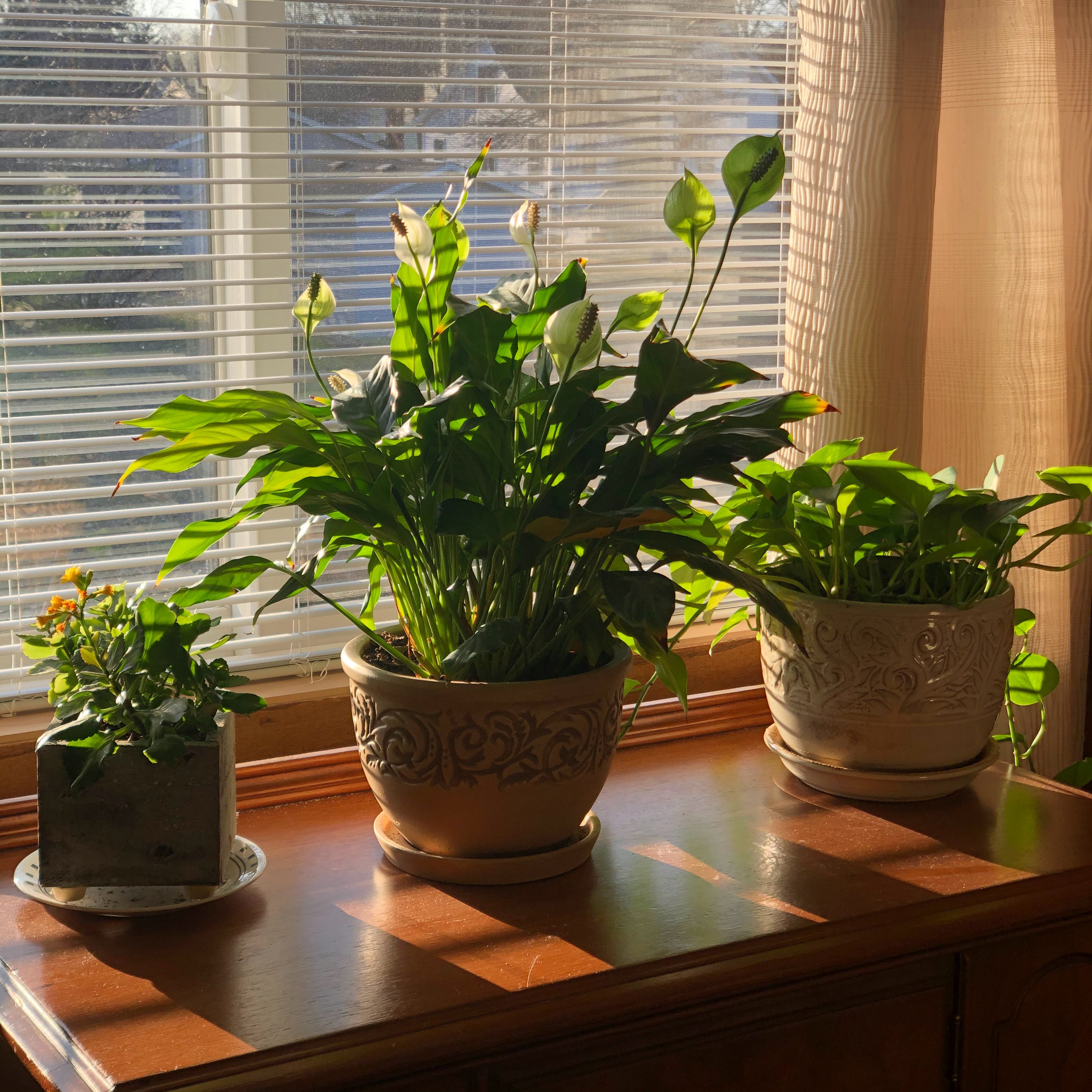From high temperatures to unexpected storms, the Australian summer is one of the harshest in the world, which means wear and tear on your home and garden is at its peak during the season. But despite the tough climate conditions, there are many small and simple solutions that will ensure your home stays safe and well-maintained this summer. Here’s our essential guide to get you started.
Fire Safety
Fire safety should be top of mind all year round, not just during the summer months, but sometimes we all need a reminder to make sure our home is prepared and risk free. Firstly, your top priority is to check that all smoke detectors are working and have new batteries, and if they’re not up to scratch, then replace them immediately. Equally, it’s important to have fire extinguishers and fire blankets at hand, especially in the kitchen. Barbeques and outdoor grills can also be fire hazards, especially with the presence of grease, so keep them clean and have fire protection nearby. Also, make sure to regularly check that your barbeque hose is free from cracks, kinks and damage. While you’re outside, take some time to clear your gutters of leaves and twigs, and check around your home for unused timber and other flammable items that may pose a fire hazard.
Waterproofing
Summer not only brings extreme heat but unexpected storms and heavy rainfall that can cause leaks and floods if your home isn’t waterproofed. Start by checking that drains, pipes and gutters aren’t blocked as they not only pose a fire hazard but can cause serious and costly damage if you encounter heavy rain. A build-up of twigs, leaves and debris can cause water to back up and overflow into your roof and leak through your ceiling. Seek the services of a professional to clean your drains and gutters, as well as check for any broken tiles or roof damage. A professional can also install guards and filters to keep your gutters clean and clear all year round. If you choose to do it yourself, make sure to take extra safety precautions.
"As the temperature begins to rise, the last thing you want is to find that your air-conditioner doesn’t work"

Photography by : Charlie Murphy
"We all know to slip, slop, slap and protect ourselves from the sun’s rays, but we also need to remember to protect our home and garden”
Keeping It Cool
We often hear how important insulation is during the winter months, but it’s just as valuable during the summer. Poor insulation could mean you are letting warm air leak into your home, and you might even be paying more for your air-conditioning bill as your system works harder to regulate a lower temperature indoors. Start by checking the insulation in your walls and roof or get a specialist to drop by for an inspection. For doors, check they are well-sealed around the frame and hinges. If you can feel air coming under your door, then install weather strips or use draft blockers. Likewise, take some time to look around your home for hairline cracks on interior and exterior walls, and around windows. Gaps and cracks not only let air in and out, but extreme temperatures could make cracks even worse, so it’s best to repair them as quickly as possible. Finally, as the temperature begins to rise, the last thing you want is to find that your air-conditioner doesn’t work. Give your unit and vents a clean by removing dust and debris, check that vents are functional, replace filters, and test your system well before the heats sets in to give you time for a service or replacement.
Sun Protection
As the mercury starts to rise, we all know toslip, slop, slap and protect ourselves from thesun’s rays, but we also need to rememberto protect our home and garden. Windowawnings, eaves, shutters and external sunreflectiveshade cloths are some of the mosteffective ways to keep the sun from cookingyour home. Likewise, installing shade clothsor screens to protect your plants from thesun can mean the difference between athriving or dying garden bed. Move plantsand pots into shady areas, such as underpergolas, or in a shed, garage or eveninside. Remember, every type of plant andflower has different needs when it comesto temperature, light and water, especiallyduring summer, so do your research or askyour local garden specialist for advice.
–





